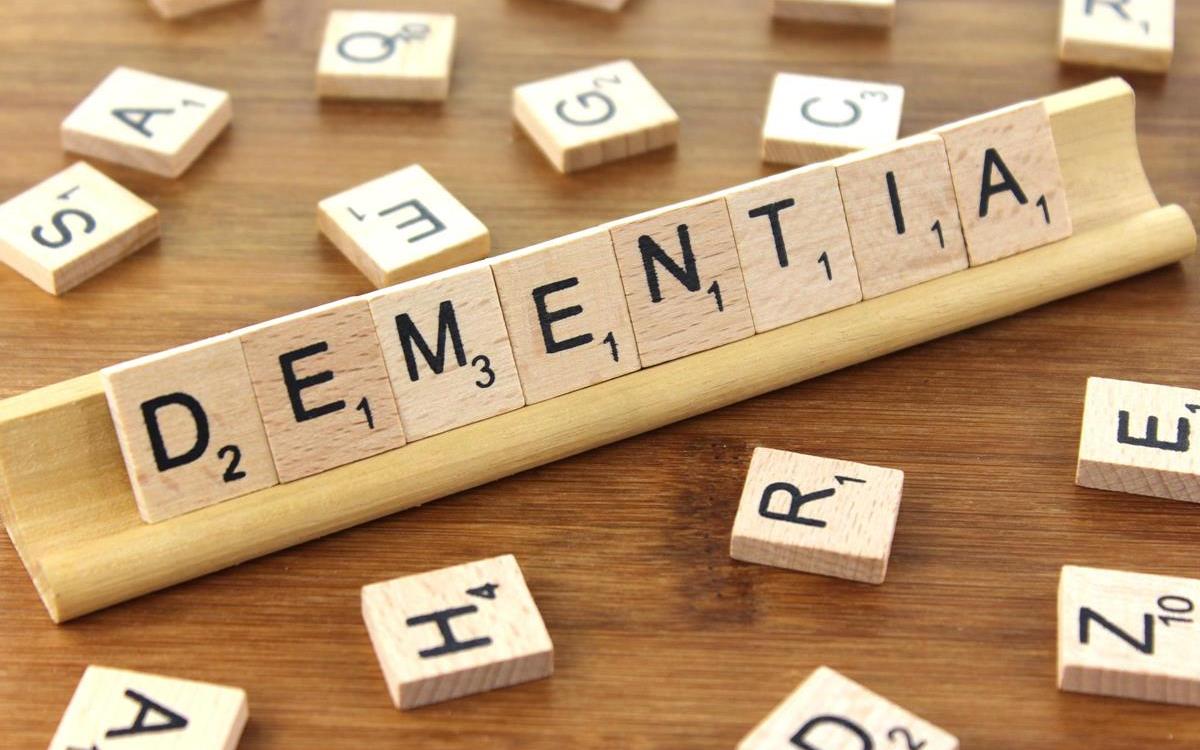
Why Playing Chess Reduces Risk Of Dementia
A frequently asked question about chess and mental health is, Does playing chess reduce the risk of dementia? The now scientifically proven answer is yes.
A new study recently announced by the Journal of the American Medical Association has this key conclusion: Playing chess — a mentally stimulating activity — is associated with a reduced dementia risk among older adults who have reached age 70 years in relatively good health. Even more significant, the risk reduction is expressed quantifiably as a percent. In addition, playing chess is recognized as a “cognitively stimulating” leisure activity.
- Benefits Of Playing Chess For Older Adults
- Playing Chess Lowers Risk Of Dementia By 9 Percent
- Why Studying Benefits Of Playing Chess Is Important
- Engage Older Adults With Chess

Benefits Of Playing Chess For Older Adults
The scientific study included 10,318 participants whose median age was 73.8 years. It was conducted over 10 years (from 2010 to 2020), and more than half of the study participants were women. The analysis of study results was not completed until March 2023.
The study found that playing chess reduces the risk of dementia lower than activities considered beneficial by popular culture such as creative artistic activities (craftwork and painting) and passive mental activities (reading books). So put down that book unless it is a book related to chess.
The researchers particularly noted that chess playing and other active mental activities typically involve proactive engagement, critical thinking, logical reasoning, and social interaction. The study report concludes: “Many of these activities are competitive in nature and involve complex strategies and problem-solving. They use a variety of cognitive domains, including episodic memory, visuospatial skills, calculation, executive function, attention, and concentration.”

Playing Chess Lowers Risk Of Dementia By 9 Percent
Playing chess and engaging in other forms of active mental activities clearly reduces the risk of dementia, according to the study. In fact, they result in a nine-percent lower risk of dementia. In addition, using a computer and engaging in similar forms of adult literacy activities provide an even greater reduction: 11 percent. So play chess online!
Why Studying Benefits Of Playing Chess Is Important
More than 55 million individuals worldwide live with dementia — the loss of cognitive functioning (thinking, remembering, and reasoning) — and 10 million new cases emerge each year. Because no current treatment approach for dementia has been shown to be effective, finding ways to delay or prevent dementia onset in older adults is important.

Several studies have been conducted on the value of learning chess for school children, and the benefits of playing chess for kids have been well documented and promoted by ChessKid. However, research on the benefits for older adults is less extensive. By showing that playing chess and engaging in other active mental activities reduce the risk of dementia, the study has significantly advanced our knowledge of how to delay or prevent dementia.
Engage Older Adults With Chess
National Senior Citizen Day was celebrated last month in the United States. What better way to celebrate than by taking chess to a community of older adults as Jason Lu (@EnergeticHay), a high school student and a national master, did in New Jersey. In his blog post, read about his experiences and how meaningful it was for older adults to play chess. As he nurtured intellectual engagement through chess, he observed that “even small actions can yield immeasurable joy and fulfillment for both the givers and receivers.”

His nonprofit Chess for Seniors offers free chess lessons from beginner to advanced levels for older adults. It partners with senior centers for on-site programs and conducts lessons online via video conferencing. His organization has taught more than 200 older adults in 18 states and three countries to play chess. If you are an older adult and interested in taking these lessons, find information about the schedule of online chess classes here.
What a great way to spread a love of the game and help others! A GoFundMe page helps to cover the costs of its website and video meetings. Perhaps you should contribute if you are not currently engaging older adults with chess.

We shouldn’t be surprised that playing chess reduces the risk of dementia. However, a better question is, Does studying chess reduce the risk of dementia? Studying is even more an important adult literacy activity than just playing. Thus, practice puzzles, do lessons, study openings, complete game reviews, and enjoy life in your later years.
The research was conducted by Zimu Wu, Ph.D., from Monash University in Melbourne, Australia, and 11 colleagues. If you are interested in learning more, read the article about the scientific study here.
